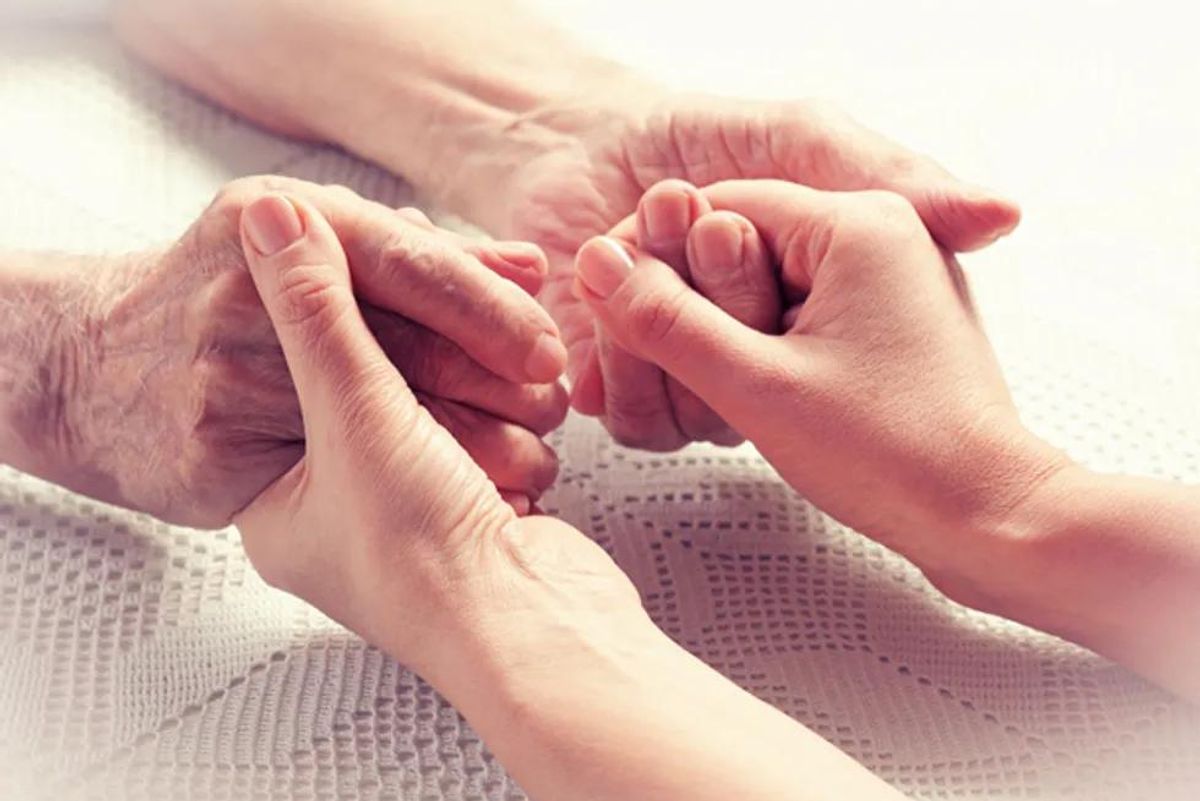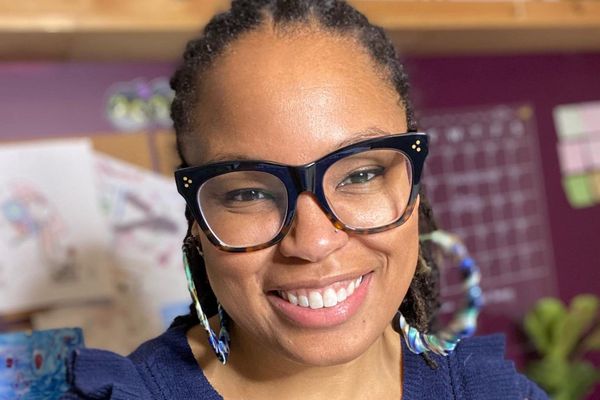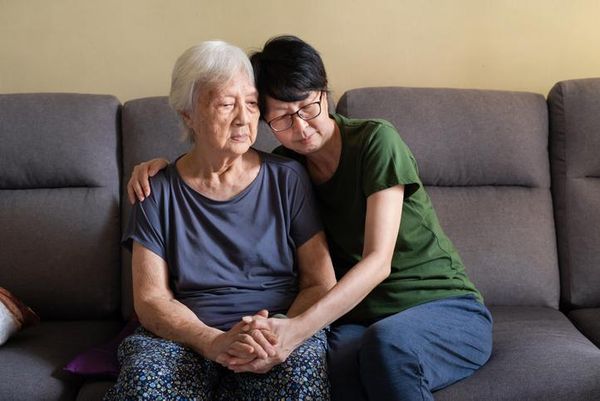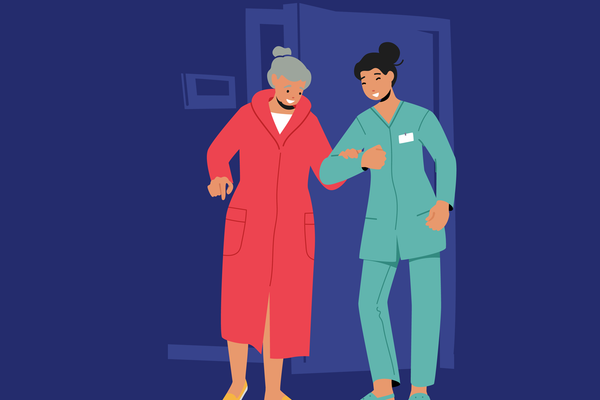

Beth Battaglino, RN-C, CEO of HealthyWomen
Beth brings a unique combination of sharp business expertise and women's health insight to her leadership of the organization. Beth has worked in the health care industry for more than 25 years helping to define and drive public education programs on a broad range of women's health issues. She launched and has expanded the HealthyWomen.org brand. As a result of her leadership, HealthyWomen was recognized as one of the top 100 women's health web sites by Forbes for three consecutive years, and was recognized by Oprah magazine as one of the top women's health web sites. HealthyWomen now connects to millions of women across the country through its wide program distribution and innovative use of technology.
Beth is responsible for the business development and strategic positioning of HealthyWomen. She creates partnerships with key health care professionals and consumer groups to provide strategic, engaging and informative award-winning programs. She serves as the organization's chief spokesperson, regularly participating in corporate, non-profit, community and media events. She also is a practicing nurse in maternal child health at Riverview Medical Center- Hackensack Meridian Health, in Red Bank, NJ.
In addition to her nursing degree, Beth holds degrees in political science, business and public administration from Marymount University.
To stay sane, she loves to run and compete in road races. She enjoys skiing and sailing with her husband and young son, and welcoming new babies into the world.
Full BioLearn about our editorial policies
Medically Reviewed
A wife, hesitant to put her ailing husband into a nursing facility or assisted living facility, chooses instead to care for him at home to save on costs and give him more attention.
A daughter, holding down her own full-time job, helps her elderly mother, who lives nearby, with medical or nursing-type tasks. She also oversees her mother's doctor appointments and does her grocery shopping and much of the cooking.
Caregiving in the United States, as carried out by those who provide unpaid care to an adult or a child, runs the gamut from millennials on one end (one-quarter of caregivers today are millennials between ages 18 and 34) to those who are 75 years or older (nearly 1 in 10) and are the sole support for a loved one. In between, there are men and women from every age, gender, socioeconomic, racial and ethnic group taking on the responsibility of caring for another.
A large majority of caregivers (85%) help care for a relative. Forty-nine percent are caring for their spouse.
While there are countless joys that come with caregiving, there are also countless stresses and strains. With almost 44 million family caregivers in our country—that's nearly 20 percent of the U.S. population—is it any wonder that a part of this population suffers from depression, anxiety, financial and emotional stress and burnout?
The fact is that the longer caregivers provide care, the more likely they are to report that their own physical or mental health is fair or poor, especially those caregivers in more complex or demanding care situations. That includes those who are the primary caregivers or who have the additional stress of holding down a job (six in 10 caregivers are employed).
A June 2015 research report, Caregiving in the U.S., a joint effort of the National Alliance for Caregiving and AARP, found that, on average, caregivers spend 24.4 hours a week providing care to their loved ones. Nearly one-quarter (23%) of them provide 41 or more hours of care a week. Caregiving is particularly time-intensive for those caring for a spouse or partner (44.6 hours a week), the report finds.
Caregivers need support. If they don't get it, not only are they at risk, but so are the people they care for. Sleep deprivation, poor eating habits, failure to exercise or seek medical attention for their own health all put caregivers' health in danger.
But who is caring for the caregiver? Usually, it's just the caregiver herself or himself. The Family Caregiver Alliance urges caregivers to take stock of their personal situation and take responsibility for their own care.
If you're a caregiver, or know one, here are some suggestions:
- Recognize, identify and manage as many sources of stress as possible.
- Take a break from caregiving.
- Make wellness a priority.
- Get plenty of rest.
- Visit your own doctor for regular checkups.
- If someone offers to help, ask the person to pick up a few things for you at the grocery store or to take the person you care for on a short walk a few times a week.
- Look to professionals for help. Contact the Family Caregiver Alliance (info@caregiver.org or 800-445-8106) or Eldercare Locator (800-677-1116).
You might be interested in





